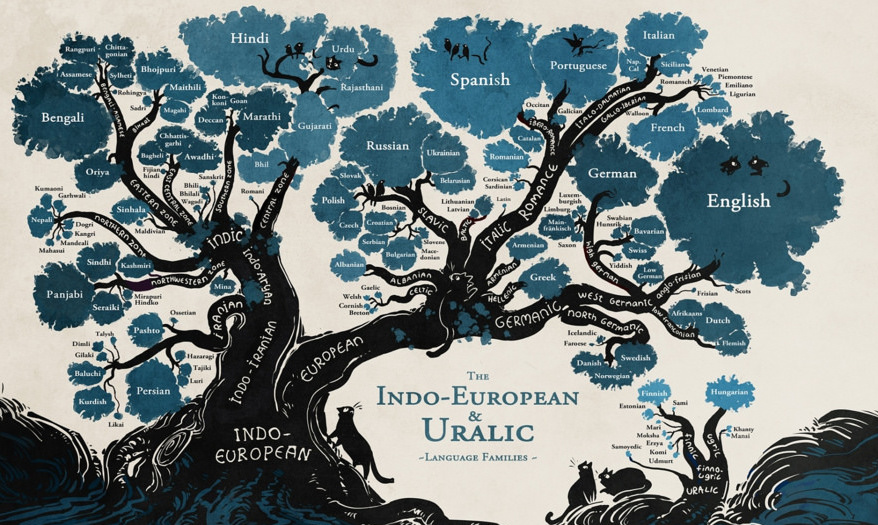
People who speak two or three different languages, or even four, have an advantage over the people who only speak one language fluently. At AISG, many students have the ability and capacity of speaking more than one language at a proficient level. I sometimes disregard this as something quite mundane but when you think about it, it really is a good skill. 40% of the world’s population speak one language while 43% are bilingual, 13% are trilingual, and the remaining 4% are polyglot.
Many people view being multilingual as a privilege that will benefit you in the future when you are trying to get a job. This becomes even more of an advantage if you are multilingual with some of the most spoken languages in the world: English, Chinese, Spanish, and Arabic.
Communication has become essential over the past years because we no longer remain confined in the small spaces of our cities or our towns. Traveling has become more accessible and less of a luxury. This has created an enormous increase in the significance of learning languages because it has caused more foreigners to travel for business and leisure to other countries and having the ability to speak to these people could make your employer become more attracted to the idea of hiring you.
Even though it may seem that being multilingual will become less of a necessity because of the technological advances and inventions, such as computerized translators, this does not mean knowing languages should not matter anymore; in fact, it means that knowing languages should be even more essential. Knowing one more language than the person next to you sets you apart from them immensely. So if you want to succeed in the real world, knowing more than one language at a high level is an important skill to have.
Photo taken from Flickr.com